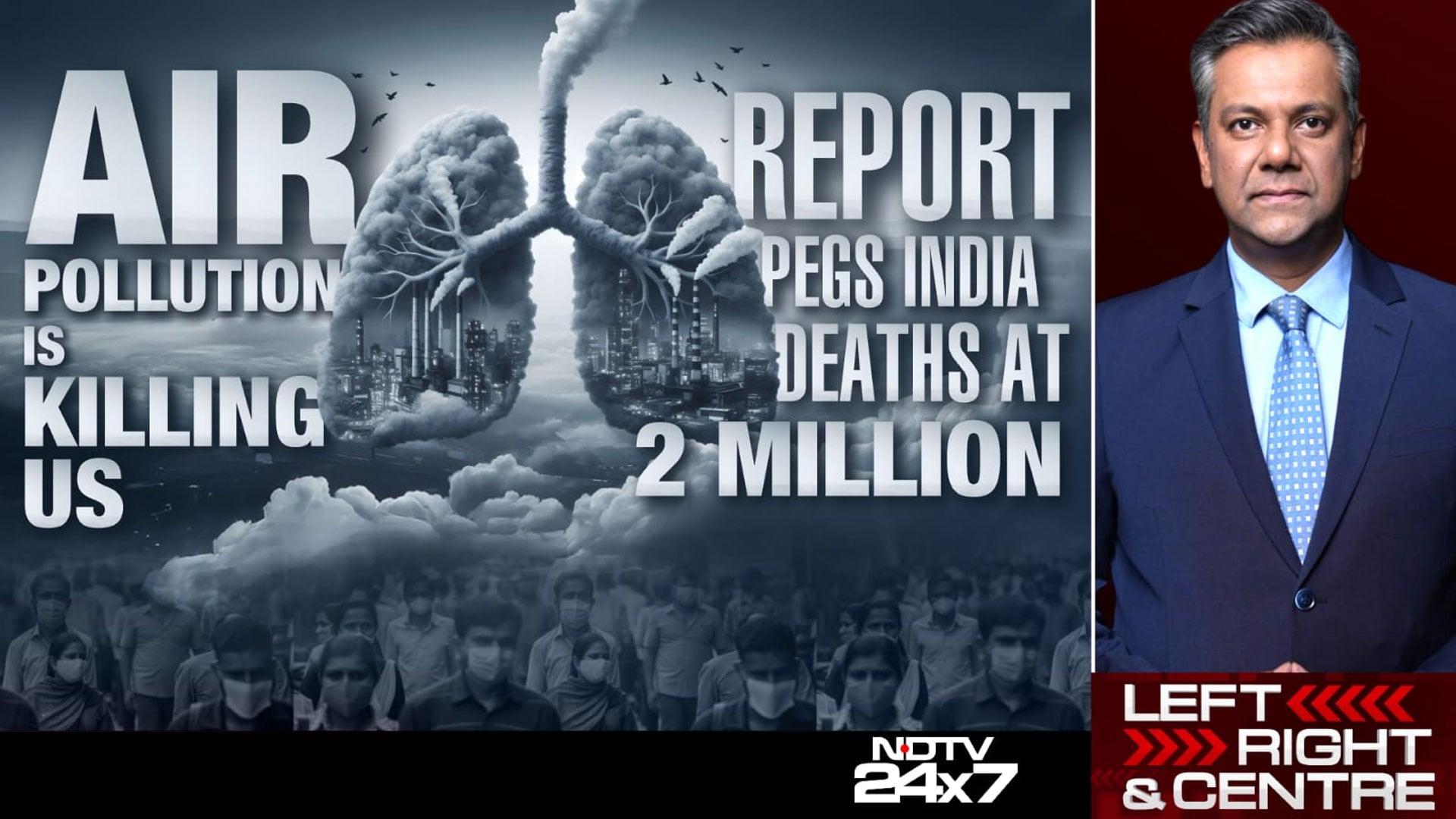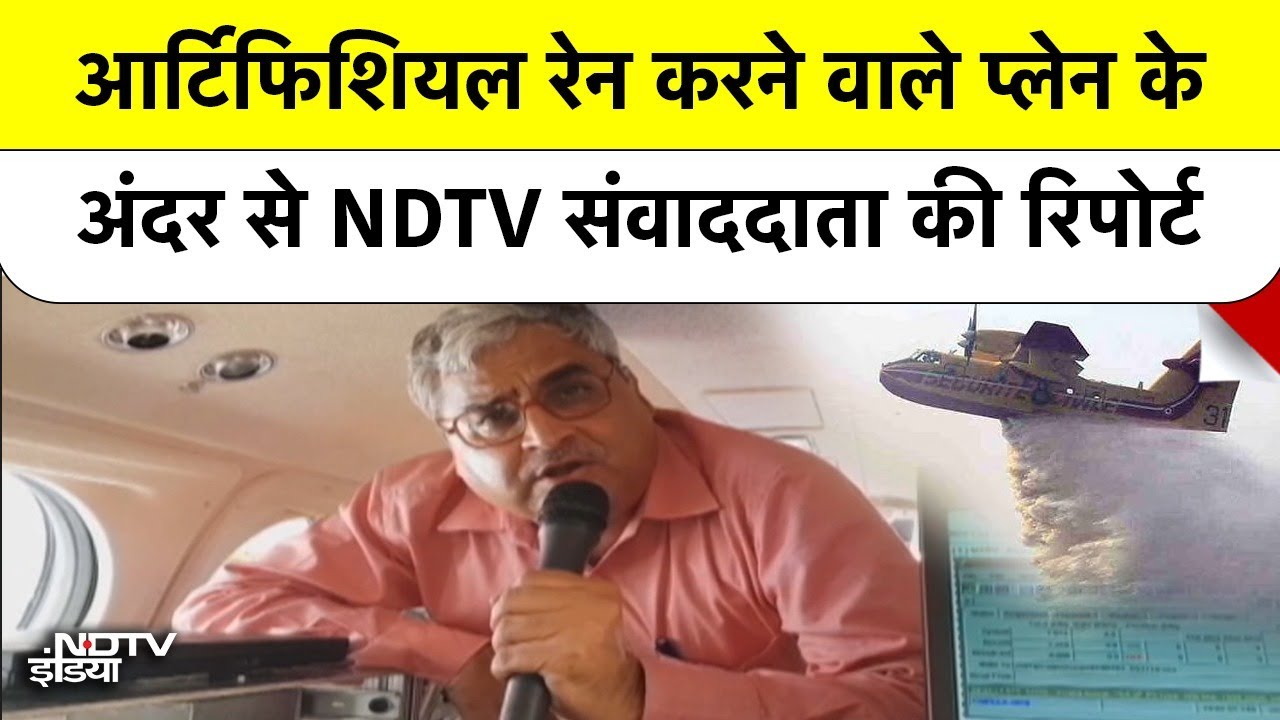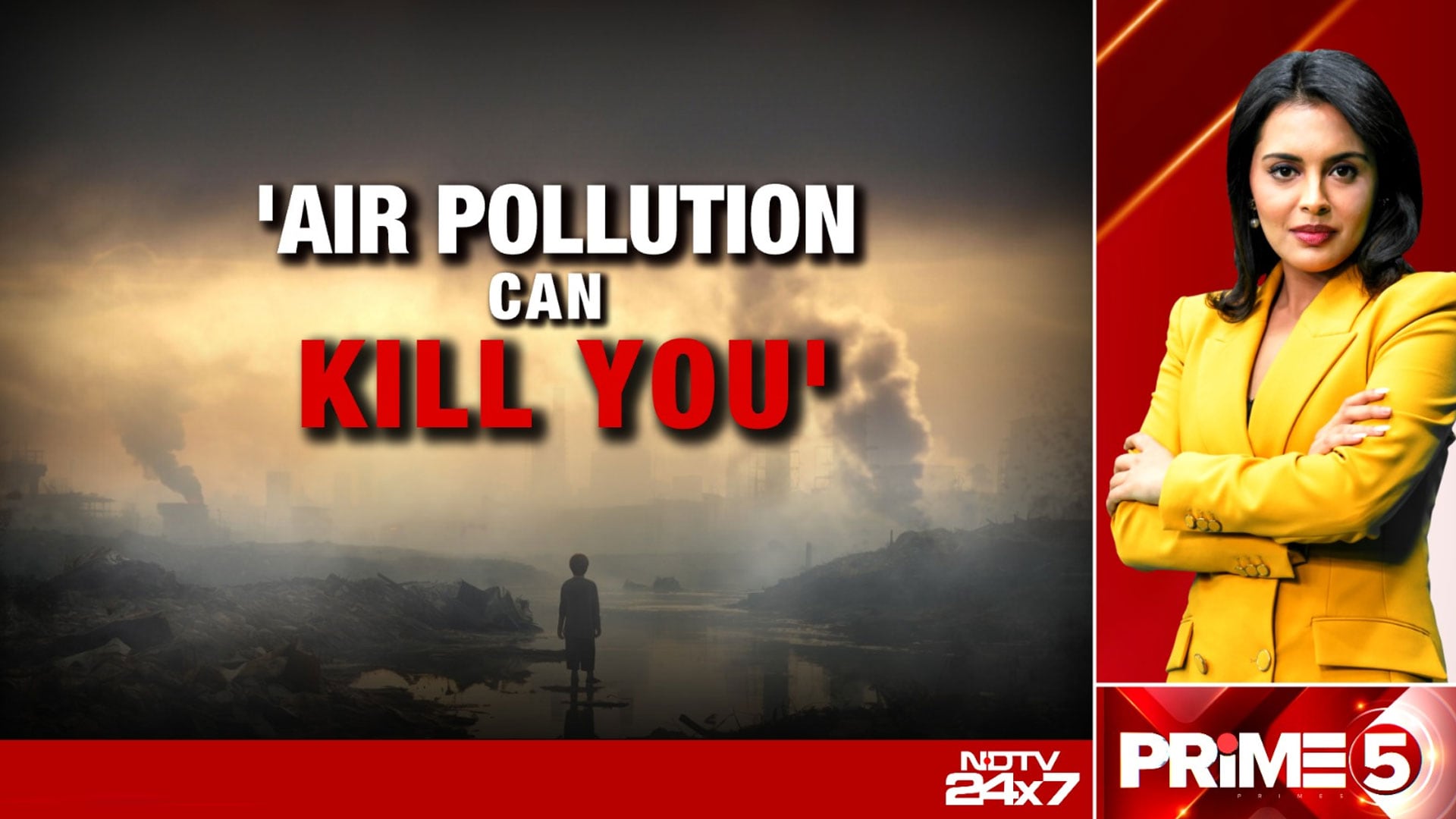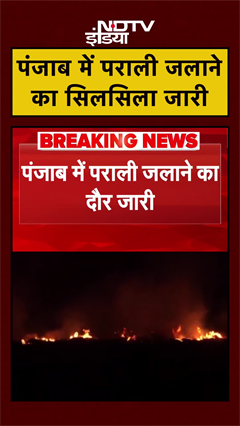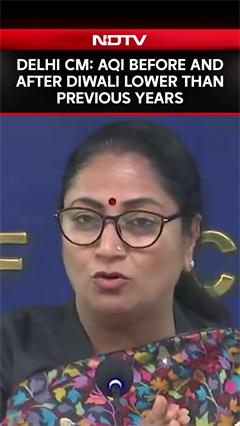- Home/
- Delhi Air Quality Worsens, Nears 'Severe' Zone As Stubble Burning Rises
Delhi Air Quality Worsens, Nears 'Severe' Zone As Stubble Burning Rises
A layer of pungent haze lingered over Delhi on Saturday morning as the city's air quality neared the "severe" zone amid adverse meteorological conditions -- low temperatures and calm winds -- and an increase in incidents of stubble burning in Punjab.
The overall Air Quality Index (AQI) of Delhi stood at 396 at 10 am, worsening from 357 at 4 pm on Friday. It was 354 on Thursday, 271 on Wednesday, 302 on Tuesday and 312 on Monday (Diwali).
Anand Vihar (AQI 454) was the most polluted place in the capital. Wazirpur (439), Narela (423), Ashok Vihar (428), Vivek Vihar (427) and Jahangirpuri (438) were among the monitoring stations that recorded "severe" air quality.
The air quality in the neighbouring cities of Ghaziabad (381), Noida (392), Greater Noida (398), Gurugram (360) and Faridabad (391) also inched closer to the "severe" category.
An AQI between zero and 50 is considered "good", 51 and 100 "satisfactory", 101 and 200 "moderate", 201 and 300 "poor", 301 and 400 "very poor", and 401 and 500 "severe".
According to the Central Pollution Control Board (CPCB), the concentration of lung-damaging fine particles known as PM2.5 was above 400 micrograms per cubic metre at 10 am, around seven times the safe limit of 60 micrograms per cubic metre, in many areas.
The India Meteorological Department (IMD) said calm winds prevailed at night. Moderate wind speed (up to 8 kmph) is predicted during the day, it added.
In cold conditions, pollutants are trapped close to the ground because of low mixing height -- the vertical height in which pollutants are suspended in the air.
SAFAR, a forecasting agency under the Union Ministry of Earth Sciences, predicted that the share of stubble burning in Delhi's pollution is likely to increase in the coming days.
The contribution of stubble burning to Delhi's PM2.5 pollution has so far remained low (up to 7 per cent) due to a prolonged rain spell in early October and slow transport-level winds which were not strong enough to carry smoke from farm fires to the national capital.
The Indian Agricultural Research Institute (IARI) reported 2,067 farm fires in Punjab on Friday, the highest so far this season. It logged 124 and 34 cases of stubble burning in Haryana and Uttar Pradesh, respectively, on Friday.
Along with unfavourable meteorological conditions, paddy straw burning in adjoining states is a major reason behind the alarming spike in air pollution levels in the national capital in October and November. Farmers set their fields on fire to quickly clear off the crop residue before cultivating wheat and vegetables.
According to the Indian Agricultural Research Institute, Punjab reported 71,304 farm fires between September 15 and November 30 last year and 83,002 farm fires in the corresponding period in 2020.
Last year, the share of farm fires in Delhi's PM 2.5 pollution peaked to 48 per cent on November 7.
(Except for the headline, this story has not been edited by NDTV staff and is published from a syndicated feed.)
Latest Stories
- Press Trust of India | Saturday October 25, 2025 , New Delhi
The sudden exposure to smoke, toxic gases, and fine particulate matter has left the elderly, children, pregnant women, and those with chronic respiratory or cardiac illnesses struggling to cope.
- Asian News International | Saturday October 25, 2025 , New Delhi
The Air Quality Index (AQI) in the national capital improved on Saturday morning but remained under the "poor" category, with Stage II of the Graded Response Action Plan (GRAP) already in effect across Delhi-NCR.
- Press Trust of India | Friday October 24, 2025 , New Delhi
With the city's air quality remaining in the "poor" category, Delhiites are rushing to stock up on air purifiers and masks, leading to a 60-70 per cent jump in sales, traders said.
- Written by Manya Singh | Saturday October 25, 2025
The State of Global Air 2025 examines air quality and health outcomes using the latest PM2.5 and ozone exposure data and disease burden models.
- Reported by Vishnu Som | Friday October 24, 2025 , New Delhi
The latest State of Global Air report paints a grim picture of the world's worsening air quality, warning that pollution has become the planet's second leading cause of premature death, behind only high blood pressure.
................................ Advertisement ................................
Latest Videos
Opinion
Opinion | Why Indians Have Just Given Up On Air Pollution CrisisTanushree Ganguly
Friday December 20, 2024While some may argue that people in Delhi are now more aware of air pollution than they were a decade back, my rebuttal would be that awareness does not mean that people are concerned.
Opinion | You Must Outrage Over Filthy Air More Than Once A YearJyoti Pande Lavakare
Tuesday December 10, 2024Delhi welcomed us with monsoon rains and mangos. We were home. Fast forward a couple of years, in the winter of 2012, I found myself in denial about something other parents, mostly expats, were calling toxic air.
Opinion | Delhi's Air Pollution Situation Is Like A Bad MarriageNishtha Gautam
Friday November 22, 2024On a good day, such as today, the AQI reading in Delhi is 407. We are jubilant at the sickly sunshine trickling through the slightly dissipated smog. At least its not 1600.
दिवाली... पराली... सियासी जुगाली!Ashwini kumar
Monday November 18, 2024दिल्ली-एनसीआर में प्रदूषण का समाधान तो आज तक मिला नहीं. हर साल चिंतित होकर हम-आप सांसों की तकलीफ के साथ-साथ दिल और ब्लड प्रेशर के मरीज भी क्यों बनें?
घर में कैद बुजुर्ग और हांफते लोग, दिल्ली की सांसों में घुला ये कैसा रोग?Nidhi Kulpati
Friday November 08, 2024हमारी हवा जहरीली हो रही है. गुरुवार की शाम को जब मैं इस मुद्दे पर लिखने बैठी तो AQI लगातार 400 पार जाकर दम घोंट रहा था. बहुत लोगों को यह मामला बोरिंग लगे, लेकिन जब आप अपने साथ काम करने वालों को खांसते-हांफते देखते-सुनते हैं, तो चिंता होने लगती है. सुबह उठते ही दरवाजे खिड़कियां खोलने के लिए डॉक्टर मना कर रहे हैं. बड़े बुजुर्गों के लिए तो मॉर्निंग वॉक बाहर की दुनिया से सीधे संपर्क का ज़रिया है, लेकिन डॉक्टर इसकी भी मनाही कर रहे हैं.








